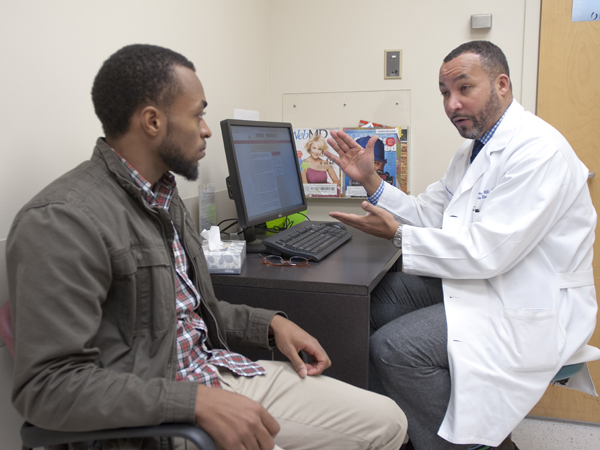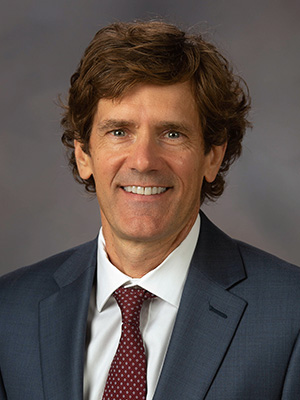Health-care company invests in Jackson to fight HIV epidemic

A four-year, $10 million investment from a global company focused on HIV will flow into Jackson and Baltimore, Maryland to fight the epidemic facing black men who are gay or bisexual.
Officials with the Center for HIV/AIDS Research Education and Policy at the University of Mississippi Medical Center are in discussion with ViiV Healthcare to support the initiative's research, monitoring and evaluation activities for Jackson.
In recent years, there have been increased efforts to address health disparities and social drivers that contribute to the disproportionate impact of HIV/AIDS in black communities. A recent study in The Lancet found disparities across the HIV care continuum - the series of steps from when a person is diagnosed with HIV through successful treatment, or viral suppression, with HIV medications.
The study found one in three black men who have sex with men were HIV-positive, compared with less than one in 10 white men who have sex with men. The study also found 24 percent of black men who have sex with men remain in care and 16 percent achieve viral suppression, compared with 43 percent and 34 percent, respectively, for white men who have sex with men.
"We are very excited by this initiative and the potential that it has to allow us to speed up our response to the HIV epidemic in a southern city," said Dr. Leandro Mena, center director and associate professor of medicine in UMMC's Division of Infectious Diseases. "Jackson is one of the U.S. cities with the highest prevalence rates of HIV that, in spite of our efforts, continues to be challenged with this ongoing epidemic that disproportionally affects black gay and bisexual men."
According to the Centers for Disease Control and Prevention, Jackson consistently ranks in the top ten cities nationwide with the highest HIV diagnosis rates. In recent years, Jackson also has been listed as having one of the highest rates of HIV-diagnosis among male adolescents 13-24 years of age.

"The Mississippi State Department of Health is extremely excited about the initiative from ViiV that will bring much needed resources and attention to a city profoundly impacted by HIV," said MSDH State Epidemiologist Dr. Thomas Dobbs. "We know that early diagnosis of HIV is critical to stemming the spread of HIV. Treatment not only leads to long, healthy lives, but it also prevents transmission of the disease."
The first phase of the initiative, known as ACCELERATE!, will include research with black gay and bisexual men and community members to identify gaps, assets, challenges and priorities. The insights gained will help determine the proper approach to the growing problem in Jackson and inform the next phase of this initiative to reduce the HIV epidemic among the affected community while strengthening the systems that support and sustain programs that work.
For Jackson, just as in Baltimore, the key is community outreach.
"When we work with the community, we have so much more knowledge on where the problems are and what the members of this community are doing," said June Gipson, president and CEO of My Brother's Keeper, a community outreach organization based out of Jackson that works to improve the health and well-being of minorities. "We know that HIV is running rampant in the community, and there's going to have to be a behavioral change to reduce this."


